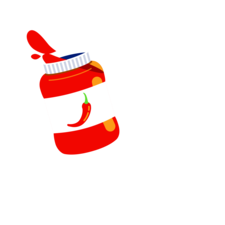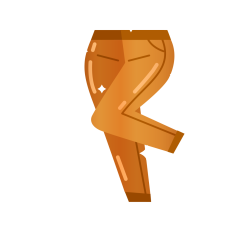Steam telepítése
belépés
|
nyelv
简体中文 (egyszerűsített kínai)
繁體中文 (hagyományos kínai)
日本語 (japán)
한국어 (koreai)
ไทย (thai)
Български (bolgár)
Čeština (cseh)
Dansk (dán)
Deutsch (német)
English (angol)
Español - España (spanyolországi spanyol)
Español - Latinoamérica (latin-amerikai spanyol)
Ελληνικά (görög)
Français (francia)
Italiano (olasz)
Bahasa Indonesia (indonéz)
Nederlands (holland)
Norsk (norvég)
Polski (lengyel)
Português (portugáliai portugál)
Português - Brasil (brazíliai portugál)
Română (román)
Русский (orosz)
Suomi (finn)
Svenska (svéd)
Türkçe (török)
Tiếng Việt (vietnámi)
Українська (ukrán)
Fordítási probléma jelentése











































If you'd be up for more guides (though no pressure of course!!) I'd really, really appreciate an explainer of the fundamental terminology around Strive (and fighting games in general)? I managed to piece together what Neutral meant through context, but as for stuff like what a Roman Cancel is, or those number letter combos were, I was pretty lost to be honest.
Again, thank you for taking the time to make a genre of game I'm genuinely new to ACTUALLY ACCESSIBLE!!! It means a lot, and I really appreciate the effort!! :D
I cannot overstate how valuable replay review is,ven if it's as simple as hopping back to the menu real quick mid-session to watch that really awesome comeback you just pulled off. Even within a minute of leaving the round, you'll have a fresh perspective and can actually think about and learn from stuff that happened really fast or was confusing or ambiguous. I started improving so much faster when I watched a few replays per session.